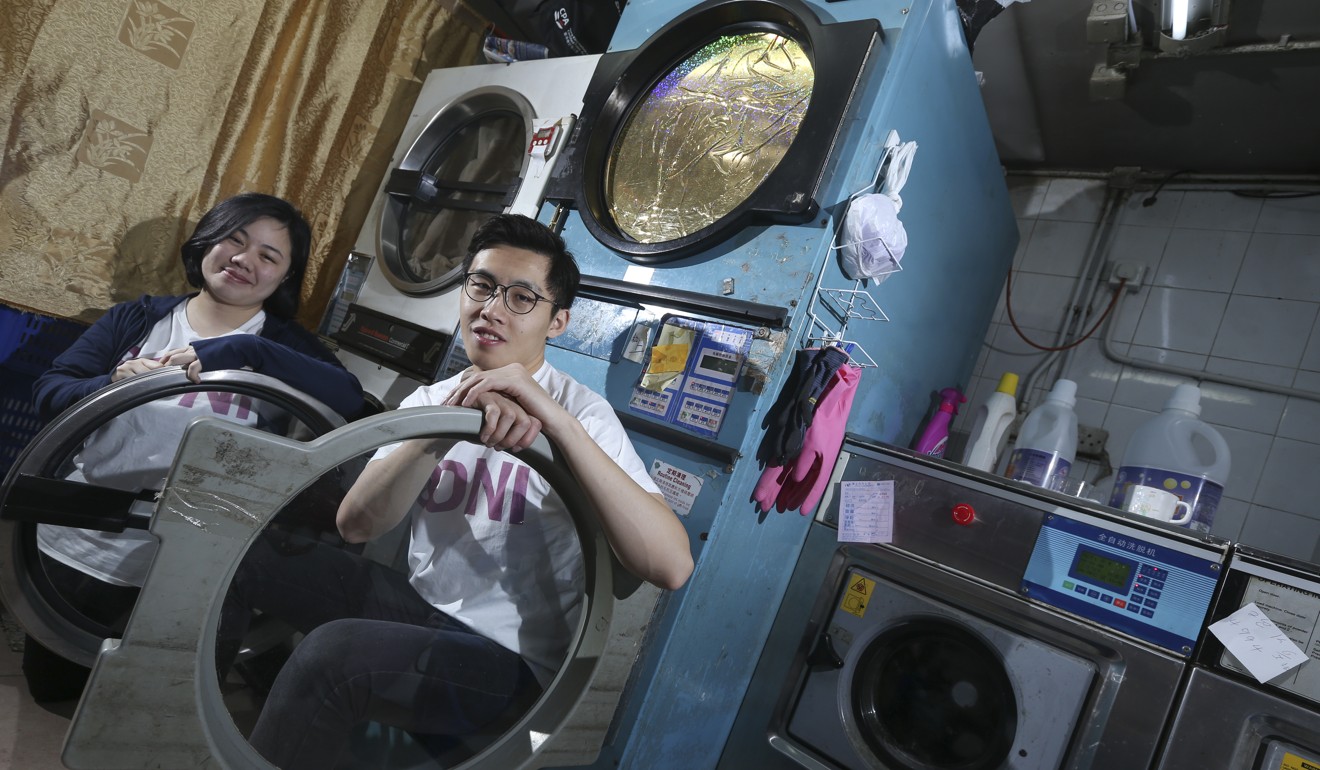Hong Kong’s budget funding for innovation is a smart start
John Timpany says the investment in innovation and technology in the 2018 budget is a positive step towards Hong Kong’s smart city ambitions by funding space for hi-tech businesses and the recruitment and training of talent

Will the HK$50 billion investment in innovation and technology, along with other initiatives in the budget, contribute to building the desired culture of innovation in Hong Kong? In addition, what more should the government be doing in its role as facilitator and promoter of Hong Kong?
Asking these questions is a good start towards moving Hong Kong forward along a necessary path in the city’s development. Any budget is always a balancing act for the government between investing in the future of Hong Kong’s people, giving a helping hand to those in need and also providing relief to the taxpayers who provide the money.
How will the money being spent advance Hong Kong’s aspirations of becoming a vibrant and liveable city, one in which innovation and economic success breed prosperity and opportunity for the city’s citizens?
In short, will this help Hong Kong become a smart city? In defining what a smart city is, it is important to realise that technology alone is not what makes a city smart and that the government, while having a central role, cannot do all the heavy lifting.
In a recent KPMG survey, titled “Connecting Hong Kong – Perspectives on our future as a smart city” Hong Kong was identified as having several key strengths: a high-quality transport system, a well-regarded health care system, and its existing role as Asia’s leading financial services centre.
One key area identified as requiring further work was building a much stronger technology and innovation culture. That is, a culture that encourages entrepreneurship and new ways of thinking to create the conditions under which government and established companies, as well as start-ups, are willing to invest and take sensible risks with new ideas.
Fundamental to this is nurturing Hong Kong’s greatest asset – the city’s people – through a relentless focus on the education system to ensure that future generations are equipped with creative thinking and the technical skills needed to foster a culture of innovation.
To nurture innovation, four areas of focus were identified for investment: biotechnology, artificial intelligence, smart city development and fintech. These may not be surprising or indeed unique as areas of focus, but they make sense as a starting point.
The government has proposed that the HK$50 billion will be spent on the Lok Ma Chau Loop, investment in the Innovation and Technology Fund and the establishment of research clusters, with further money going to the Science Park.
The next question is how to commercialise the innovation and research work. This is the area where both business and government can – and must – play a greater role
The investment in the Lok Ma Chau Loop is the largest single investment and seeks to address one of the challenges that many new and even established businesses have – finding suitable space. Given the proximity to the technology hotbed of Shenzhen and with the Greater Bay Area initiative in mind, this may prove to be a transformative opportunity for many businesses and lay a foundation for what is important.
More significant in the long run is the considerable investment in the Innovation and Technology Fund and the establishment of the two research clusters related to health care as well as artificial intelligence and robotics. These funds have the potential to attract, develop and retain the right talent for Hong Kong. In particular, the HK$500 million earmarked for the Technology Talent Scheme – which will assist with training in high-end technologies and recruitment by universities of postdoctoral talent – are welcomed by many in the business community as pushing Hong Kong in the right direction.
There is also money for other initiatives around the Science Park and Cyberport, particularly around nurturing the start-up community. These developments are a positive step. The next question is how to commercialise the innovation and research work. This is the area where both business and government can – and must – play a greater role.

On the government side, many community services could benefit from new and innovative service delivery models that meet the needs of modern city life through the sensible application of digitalisation and better connections between the various arms of government and the wider community.
For business, the challenge is to seize the opportunities afforded from this investment to try new delivery models and market openings. Hong Kong’s business community has a great range of openings emerging as part of China’s continued development. There is also a further incentive for business to invest on the horizon with the announced research and development tax incentive, likely to be enacted later this year.
Opening up to new ideas or solutions will nurture the right culture for the future and help Hong Kong retain its leading place in the world.
John Timpany is a Hong Kong-based partner at KPMG China